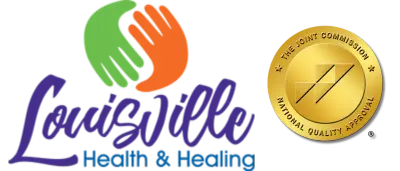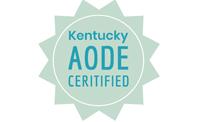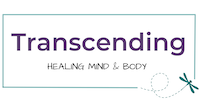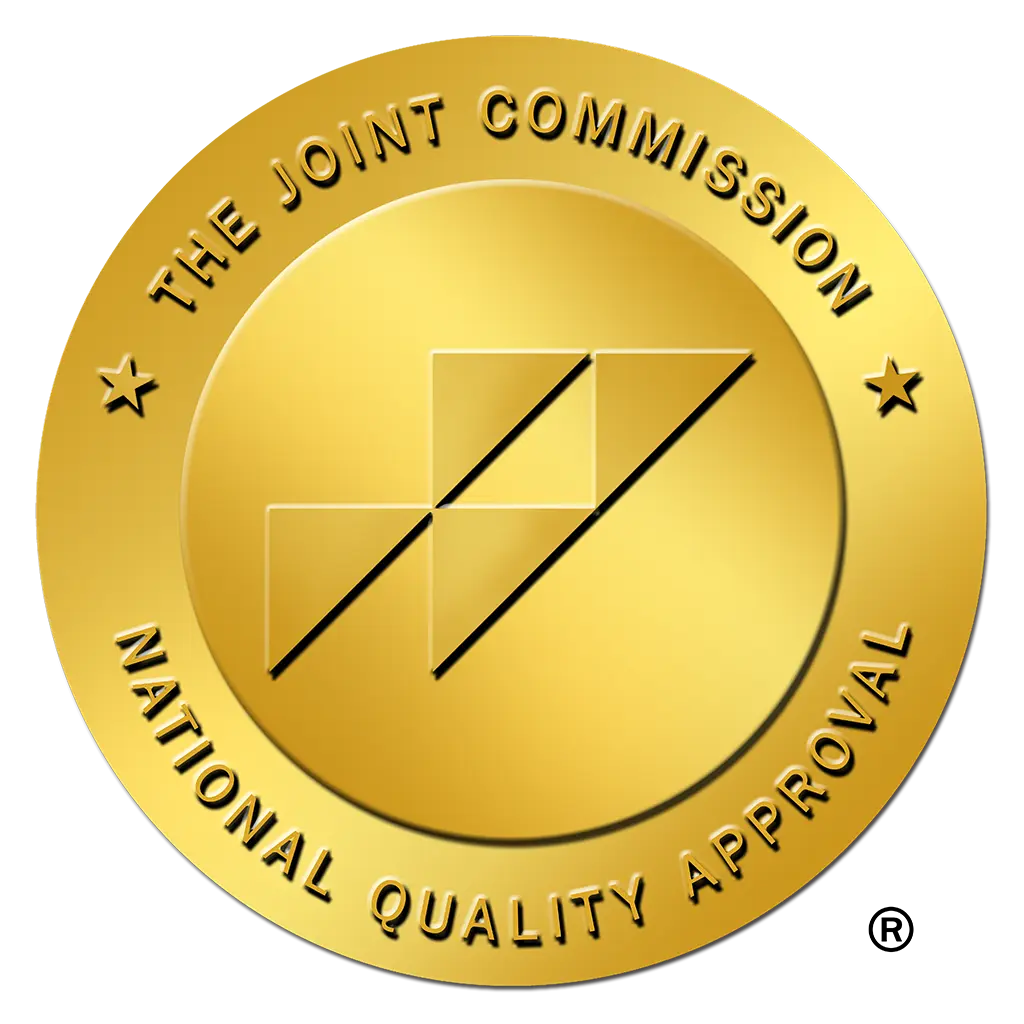To Medicate or Not to Medicate….
People who are struggling with mental health conditions often find it difficult to navigate their treatment. That’s because it can be tricky to understand how, when and where to get help. For example, a lot of people don’t know the difference between a therapist, a counselor, a psychologist and a psychiatrist. We could break that down further and it gets even more confusing. So, one can imagine the difficulty in deciding what to if you or a family member is battling depression, anxiety, ADHD and so on. Here are some basic things to know and some guidelines to follow. However, the first step anyone should take is to talk to their doctor and seek out the help of a mental health professional such as a therapist or counselor.
The first thing to understand is that there is no one size fits all formula about when and who should utilize psychotropic medication to treat mental health. That’s because mental health originates from a myriad of sources including genetics and environment. For example, someone may be battling depression because their lifestyle is unsuited for their well-being. Another person may be battling depression because they have unresolved childhood trauma, while yet another may have a genetic predisposition toward depression. Finally, someone may have some combination of all these issues. To complicate matters more, if someone is using any type of alcohol or other substance then the situation is further compounded, confounded and needs a professional intervention to determine the most effective and safest way to get help.
“So, what does all this mean,” you say, “I’m more confused now than a minute ago!” Precisely, but the point of all this is to say that whether one chooses to use medication or not has a lot to do with what, why, and how the mental illness is presenting itself. Sometimes, therapy and improving coping skills can do wonders to help someone feel better. However, there are times when therapy isn’t very helpful until medication is introduced. All of this is dependent upon the originating factors contributing to the issue.
As a therapist, the philosophy is to dive deeper into the etiology (origins) of the mental health issue. This process of investigation begins with a thorough intake and is further explored in ongoing sessions during therapy. After a therapist gets more familiar with the patterns and etiology of the mental health condition, they can help a client decide if it would be worthwhile to speak to a medical provider.
Once the decision is made that it’s time to seek medical guidance, the therapist can provide referrals to the client. These medical referrals can consist of psychiatrists, psychiatric nurse practitioners, addiction psychiatrists and sometimes even a primary care doctor. All these professionals are trained and licensed to prescribe medications, but there are some nuances to be aware of.
Psychiatrists are medical doctors with a specialization in prescribing psychotropic medications to treat mental illness. Psychiatric nurse practitioners can also prescribe like a psychiatrist, but they are not medical doctors. However, their knowledge and education are expansive, and they are wonderful resources for the mental health community. To learn more about the differences between the two, you can read more here https://nursejournal.org/careers/psychiatric-nurse/psychiatric-np-vs-psychiatrist/. Finally, a primary care doctor, or family doctor, can also prescribe some psychotropic medications. They will typically only write scripts for more generalized mental health conditions such as SSRIs for anxiety or depression. In some cases, they may only provide a prescription for a short period of time then ask the client to follow up with a psychiatrist for the future of their mental health treatment. Another scenario is that the primary care doctor may only prescribe a medication if the client is actively in therapy as well. For situations where the mental health issues are more severe, they will typically not prescribe anything and require a client seek a psychiatrist for their prescription. Finally, an addiction psychiatrist is just like a mental health psychiatrist, but they have the added specialization of treating substance use disorders. Your therapist should be able to help you navigate the best option for your circumstances.
If you are considering medication for mental health treatment, it is important to remember that professionals are here to help you. Most important, if you begin medication, you should follow your doctor’s guidance. Should you desire to make changes, you need to let your doctor and therapist know. Medications often take time to work, and they can have an impact on your physiology and mood; so, you don’t want to make snap decisions to quit or re-start medications without medical guidance. Finally, it is a well-researched fact that psychotropic medications are most effective when combined with psychotherapy; which means the gold standard of mental health treatment when medications are being used to treat a condition is to pair it with good therapy.
You can go here to read more on this topic https://www.nami.org/About-Mental-Illness/Treatments/Mental-Health-Medications











Leave a Reply
Want to join the discussion?Feel free to contribute!